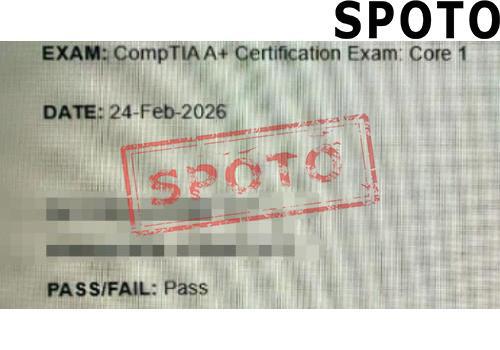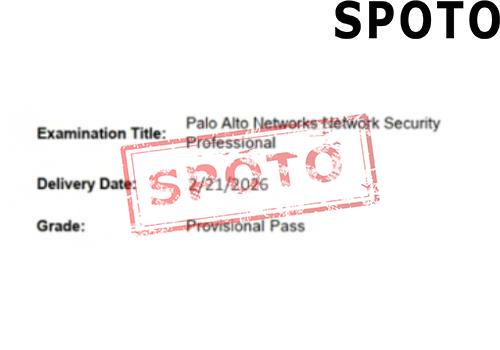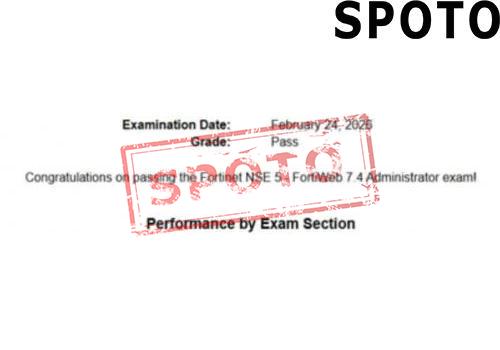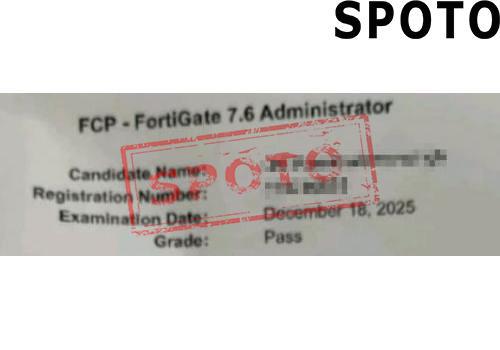
Table of Contents
The Agile Project Manager is responsible for the update and iteration of management projects in an enterprise or organization, and controls the successful delivery of the final product of the agile project.This article will introduce you to what an Agile Project Manager is, the career information and prospects of an Agile Project Manager and the necessary conditions to become an Agile Project Manager.
1. What is an Agile Project Manager?
The Agile Project Manager is responsible for the update and iteration of management projects in an enterprise or organization, and controls the successful delivery of the final product of the agile project.
2. What does an Agile Project Manager do?
The main responsibility of the Agile Project Manager is to shape the working environment for the continuous development of the solution and promote collaboration within the solution development team. Specifically, they should lead the agile team and promote transparent communication and collaboration within the agile team, and conduct necessary cross-departmental collaboration to align project goals with broader organizational goals and ultimately project delivery and implementation.
3. Career Insights: Salary, Outlook & Related Roles
(1) Agile Project Manager Salary
According to ZipRecruiter data on May 28, 2026, the average hourly wage for an Agile Project Manager in the United States is $57.18. The hourly wage can be as high as $86.30 and as low as $13.94, but most Agile Project Managers currently make between $47.36 and $67.79 across the United States. The average salary range for an Agile Project Manager varies widely, which means there may be many opportunities for advancement and increased pay based on skill level, location, and years of experience.
(2) Job Outlook of Agile Project Manager
According to the U.S. Bureau of Labor Statistics, the employment of project management specialists is expected to grow by 7% from 2023 to 2033, which is faster than the average growth rate for all occupations. There will be an average of about 77,000 project management specialist job vacancies each year over the next decade. Many of these job vacancies are expected to fill those who change careers or exit the labor market (such as retirement). Overall, the employment prospects of Agile Project Managers will continue to brighten as market demand rises.
(3) Similar Occupations
- Scrum Master
- Program Manager
- Technical Project Manager
- Delivery Manager
- Project Director
- IT Project Manager
- Operations Manager
4. What Are the Qualifications to Become an Agile Project Manager?
(1) Obtain a Bachelor's Degree
When recruiting Agile Project Managers, employers often require job seekers to have a bachelor's degree in a related field, such as project management or a related field (such as business administration, engineering or IT). At the same time, a higher level of education can provide a certain degree of workplace competitiveness.
(2) Develop professional skills
To be an excellent agile project manager, you need to have a variety of comprehensive skills, including soft skills and hard skills. In terms of soft skills, agile project managers need to have good organizational skills and be able to effectively plan, arrange and manage teams and tasks; Agile project managers need to have strong adaptability and be able to flexibly respond to changing customer needs and market environments; At the same time, they need to have excellent communication skills and be able to efficiently transmit information between multiple teams and departments to ensure that each member clearly understands their own responsibilities. At the same time, they must have good leadership to motivate the team to achieve goals and create a positive collaborative atmosphere. In terms of hard skills, agile project managers need to have a deep understanding of agile methodologies (such as Scrum, Kanban and Lean) and flexibly apply them to different project scenarios; be proficient in using agile management tools such as Jira, Trello or Asana to improve team efficiency and project transparency; They also need to have a certain technical understanding and communicate smoothly with developers; At the same time, they must be able to perform data analysis, evaluate project performance and continuously optimize, and have good risk management capabilities to identify potential problems in advance and develop response strategies.
(3) Earn Industry Certifications
Obtaining a certification that is highly recognized by the industry can prove your professional ability and ability to perform the position, and can also enhance your competitiveness in the workplace. Therefore, we recommend that you obtain the PMI - PMP.The PMP certification is the industry standard for project management professionals. The PMP curriculum covers the latest best practices defined in the sixth edition of the PMBOK Guide and is aligned with the latest PMP exam content outline 2026. It also covers emerging trends, custom considerations, and core competencies required of project management professionals. PMP training assesses the competency of practitioners and identifies the importance, criticality, and frequency of each knowledge, task, and skill required to meet industry standards as a project manager.










